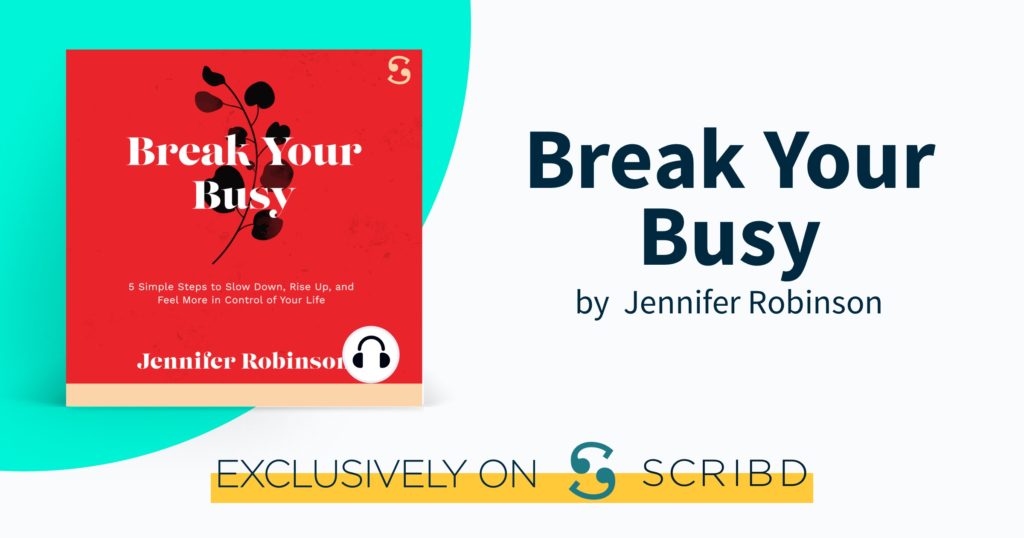
How to Be Your Best You, No Matter the Weather
Have you ever stepped back to really consider the impact that seasons have on our health? Whether we realize it or not, we’ve been pretty thoroughly conditioned to emotionally associate certain temperatures with certain health habits. We tend to be more active in the spring and summer versus the fall and winter. People from lots of different religious and cultural backgrounds use the holiday season as a reason to overeat and make resolutions of doing better next year. We often crave sweet treats like ice creams, milkshakes, and sodas in the dog days of summer.
And those are just a few physical patterns. Even harder to break are our mental and emotional patterns. Whether you’re dealing with outright Seasonal Affective Disorder, or you just tend to experience some periodic dips during certain times of the year, there’s no denying that the weather can seriously influence our moods. Those moods influence our health habits, and the foods we eat influence our energy levels, which in turn influence—you guessed it—our moods. It’s a vicious cycle.
If you’re not nodding along with all this, please don’t feel like this is me calling you out. Quite the contrary: This is me telling you how very normal you are. Even as a certified and licensed nutrition coach with a long health-centered career behind me, it’s all too easy for me to fall into these seasonal loops of feeling low-energy, making poor choices that result in even lower energy, wash, rinse, repeat.
However, just because these cycles are all too easy to fall into, that doesn’t mean you can’t break out. It just takes a willingness to start understanding your own habits and making more proactive, healthy choices about how you spend your time.
These are a few of my most tried-and-true tips for busting the seasonal blahs and feeling like your happiest, healthiest self during any season.
How to Navigate the Waters of Seasonal Blahs
1. Recognize your triggers.
“Triggers” has become kind of a loaded word these days, but stay with me here. Recognizing your triggers simply means understanding what makes you tick—when do you notice your mood starting to dip? What are some commonalities around days that make you feel tired and sluggish?
For a lot of us, cold weather and less sunlight are huge triggers. For others, sweltering, oppressive heat might immediately deplete your energy stash. There’s no wrong answer here. You’re simply learning what affects you so that you can better understand how to decrease your sensitivity to that trigger.
2. Prioritize mental self-care.
Ahh, “self-care”—another buzz word, right? But self-care has become a buzzword for a great reason: it’s IMPORTANT. Here’s a checklist of how to see if you are doing too much.
Once you understand which times of year are most like to feel difficult for you, you can make time and budget allotments to focus on your mental self-care during those tough periods. This could mean anything from planning a luxurious day at the sauna once a month through the winter, to taking a long weekend to cool down in the mountains mid-summer, to simply stealing 20 minutes for a reading-and-coffee break.
If you are having trouble figuring out how to make time, make sure to download our free guide Finding Time For What’s Important. [PAM, is there a way for us to link this to the lead magnet that is connected to the pop-up?]
Personally, one of my favorite ways to practice simple self-care is self-massage. I have a knobby self-massage stick that provides easy relief for tight muscles in my lower back, knees, feet, neck, and shoulders. It’s a small thing, but it makes a huge difference in how I feel as I go through the day.
A lot of folks tend to think of self-care as opulent, expensive, idealistic, or irresponsible, but the truth is, self-care can literally be whatever you need it to be. And I’d argue that taking care of yourself is the most responsible thing a person can do. Read here for the hows and whys of self-care.
3. Prioritize physical self-care.
Just as scheduling time for bubble baths or pedicures is important, so too is scheduling time to care for your body. Like we touched on earlier, a lack of physical activity and poor nutritional choices are some of the biggest culprits behind most seasonal blahs. When you stay active and eat well even during difficult seasons, you’re giving yourself a leg up in the fight against seasonal blahs.
One of the biggest complaints I hear as a health and nutrition coach is, “But Dawn, it’s so difficult to work out in the winter.” Yep! You’re not wrong. It can be. But here’s the thing—I live in Boston. It’s cold, snowy, or otherwise icky for a solid eightish months out of the year. So in the name of tough love, you’re not getting any sympathy from me. If skiing and snowboarding aren’t your favorites, you can get exercise all winter long by heading to the gym, practicing yoga in your house, building a snowman with your kids, shoveling snow from your driveway, going to a Zumba class, doing some basic floor exercises in your living room while your kiddos and pets run around the house on a snow day . . . The list is virtually endless.
And don’t forget that you just need to start! Here’s our contributor, Lyndsey Bobola’s story about the first time she walked into the gym! And, yes, it is laugh-out-loud funny!
4. Self-advocate for mini breaks.
While a full day off or a whole evening of me-time truly is needed sometimes, you’d be amazed at what a difference stealing away for just five or ten minutes can make. If you find yourself feeling cranky, tired, anti-social, or overwhelmed, embrace honesty and tell those around you that you need a little break. Then, simply find an empty room, a quiet corner, or even a restroom stall where you can breathe and be by yourself for a few moments. You can use this time to stretch, meditate, play a relaxing game on your phone, or anything else that helps you feel a little more like yourself. And if you’re concerned about offending someone, don’t sweat it—be polite and rest assured that most people truly do understand the need to decompress every once in a while. It’s time to stop making excuses and slow down for those breaks.
I hope these four tips help you feel like the best version of yourself through any season. For more specific ideas about eating well, staying active, and recharging your batteries through a variety of seasons and circumstances, feel free to check out my blog, Food for Thought, where I dish out health and nutrition advice for your life every single Tuesday.
Until we connect again, may you live a life you love without feeling hungry, depriving yourself, or giving up your glass of wine with dinner.
Dawn McGee is a foodie, mom, author, and certified and licensed Venice Nutrition Coach. She loves helping people learn to improve their health habits today and for a lifetime. If you’re looking for additional support or accountability, she’d like to personally invite you to join her free Facebook Group, Never Diet Again.

DAWN MCGEE
Dawn McGee is a certified and licensed Nutrition Evangelist and a long-time foodie, she focuses on both the health and joy of food as fuel for your body. She is a driving force in bringing education on healthy eating to more people through her community, my “Reclaim Your Life, One Bite at a Time” programs, and my book “365 Days of Healthy Living”. Her hope for you is that you live a life you love, without being hungry, feeling deprived, or giving up your glass
WEBSITE
FACEBOOK
INSTAGRAM
TWITTER

Are you feeling sore and want to reduce the sources of your inflammation?
Or maybe you are tired of always feeling like your clothes are too tight when really it’s just the fact that you are bloated.
Registered Nutrition Coach, Dawn McGee has put together a simple and straightforward, 7 Day Detox Guide that will not only reduce inflammation and bloat but also prep your body if you are wanting to continue releasing stored fat.
Click the button below and we will send you your free workbook for your 7 Day Detox.


